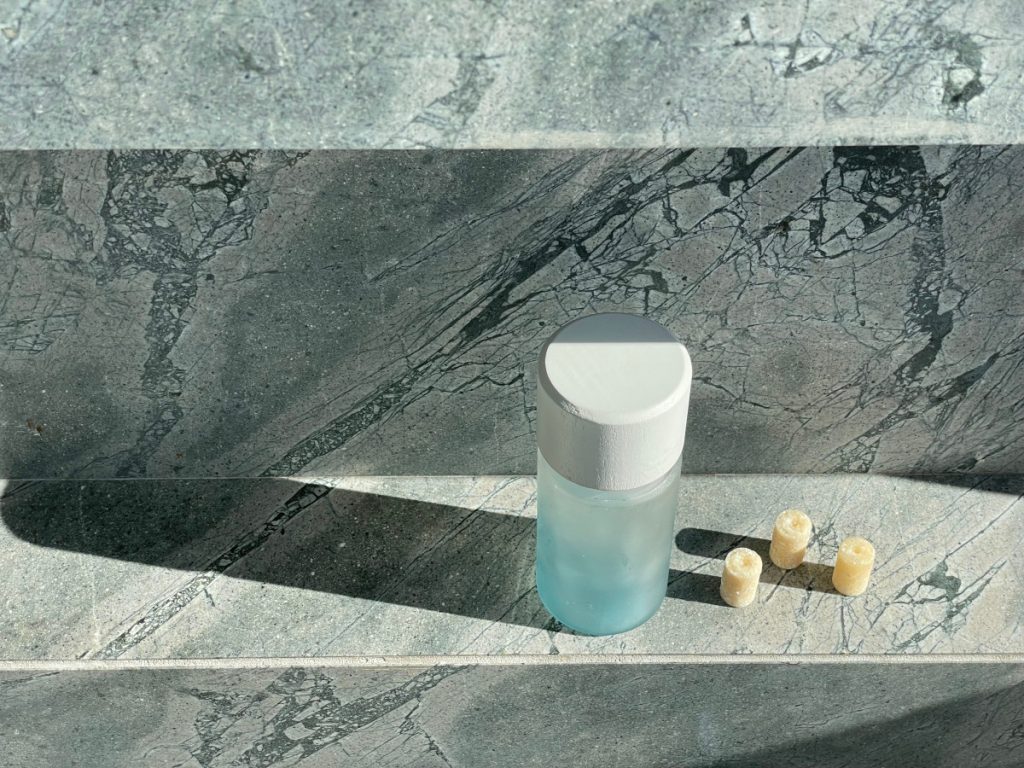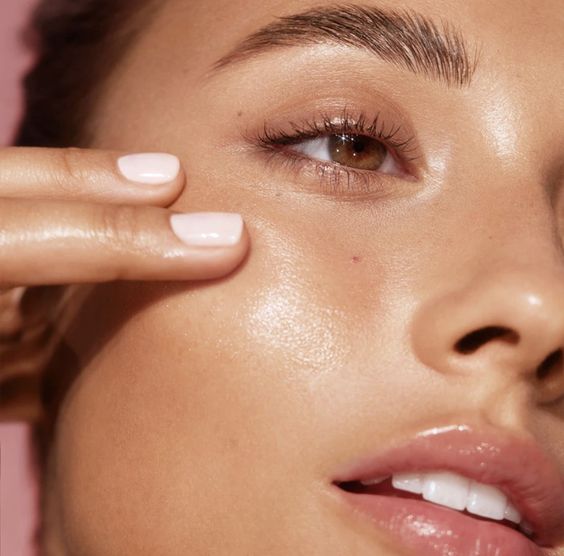
You’ve most likely heard of prebiotic and how crucial they are for gut health. But what about having prebiotic skincare?
Prebiotics are helpful to skin and today researchers in beauty industry are starting to incorporate them into skin care formulations. Even though prebiotic is a relatively new skin care component, they quickly become popular. Don’t get mixed up with probiotics skincare, though. Topical probiotics help to provide an effective barrier against harmful environmental components including pollution, smoke, and debris, helping skin to remain comfortable and balanced.
We’ll go through the differences between prebiotics and probiotics, why they’re excellent for skin, and which prebiotic-infused products to test first. We engaged the help of prominent dermatologists and scientists as prebiotic and probiotic skin care became a hot new trend.
What Prebiotic Actually Means
Prebiotics and probiotics, whether they’re in your gut or on your skin, work together to keep you healthy. What we call as prebiotics is the living microorganisms in a product that can be used on the skin or ingested to benefit your health. “Prebiotics are the nourishment that keeps your probiotics alive and active,” Elina Fedotova, cosmetic chemist and creator of Elina Organics Spa Chicago & Kalamazoo, explained.
In other words, a prebiotic acts as a fertilizer or food for probiotic bacteria, promoting their growth in the gut and intestines. Probiotics are living microorganisms that can be ingested orally or applied topically to give helpful and useful properties.
You Will Also Love:
Incorporating Self-Care Into Your Daily Routine
How Does Prebiotic Works for Your Skin

Prebiotics, in a nutshell, are beneficial to the skin as well as your body. But what exactly are they? Probiotics are a type of living bacteria that help to support the millions of beneficial bacteria that live in your gut and on your skin’s surface. They also prevent harmful germs from entering the skin, which can cause inflammation and contribute to breakouts, eczema flare-ups, and premature aging. Probiotics are typically made from fermented foods.
Prebiotics, on the other hand, assist probiotics and good bacteria in performing their functions more effectively. These prebiotics keep your skin’s microbiome strong and healthy by feeding your naturally occurring probiotics. They also help to maintain a healthy pH balance on the skin, as well as a strengthening the skin barrier against inflammatory intruders.
Dr. Noelani González, director of cosmetic dermatology at Mount Sinai West in New York, remarked, “Like our gut flora, our skin flora is continuously balancing hazardous and good bacteria.” Both the concentration and type of organisms vary by individual and bodily area. By inhibiting the formation of hazardous pathogens, the skin aids in the preservation of the skin’s immunity to certain organisms. This is how skincare with prebiotic ingredients maintain the health of your skin!
Can Prebiotic Skincare Combats Acne?
You might wonder, can prebiotic beauty products helps you with acne or does it only work with already healthy skin? The answer is yes! Prebiotics (and probiotics) can help with acne treatment in some cases. Prebiotics help to prevent blemishes by reducing inflammation that causes breakouts. When coupled with probiotic bacteria, the prebiotic component glucomannan is particularly helpful at minimizing blemishes and breakouts!
If you’re already using a probiotic skin care product, introducing a prebiotic to your skincare routine will significantly improve its effectiveness. To receive the benefits of prebiotics, you don’t need to combine both probiotics and prebiotics. Prebiotics beauty products, when applied alone, can boost the number of helpful probiotic bacteria on the skin.


